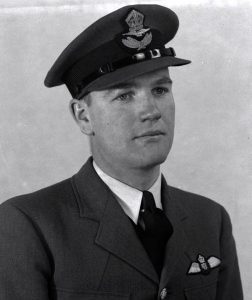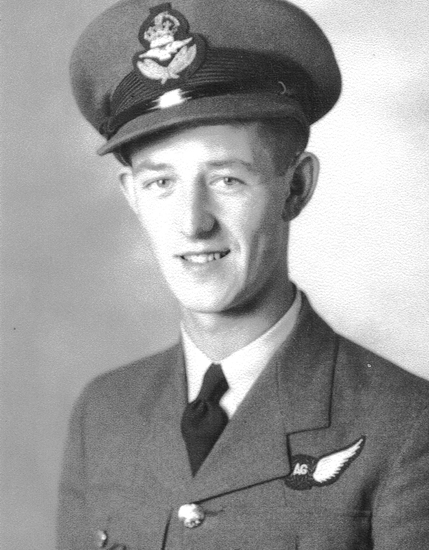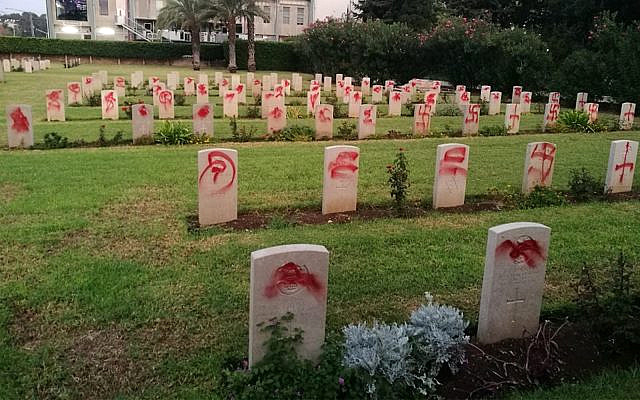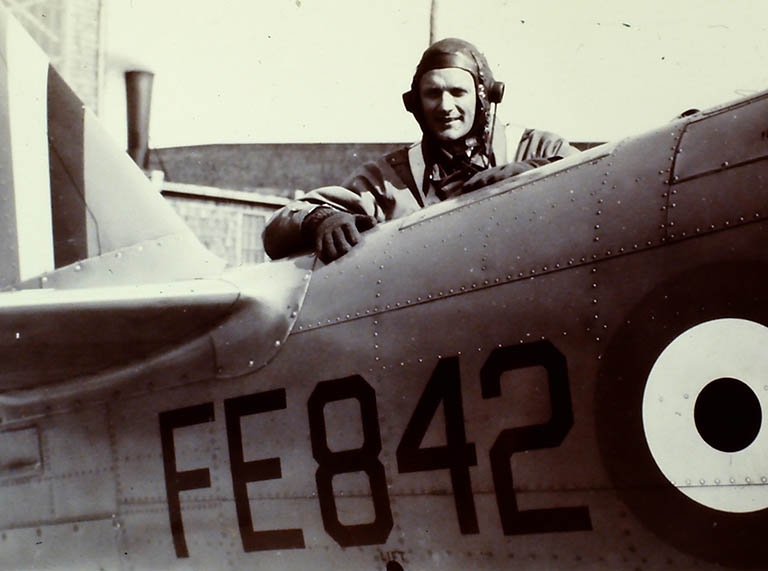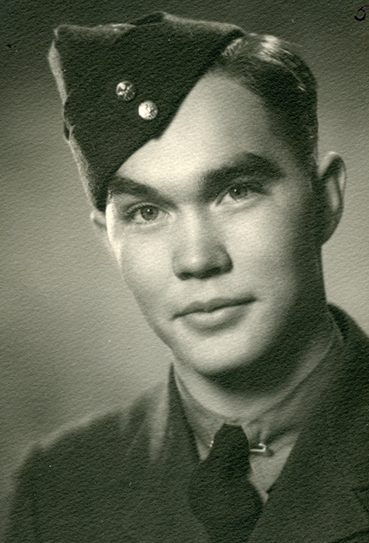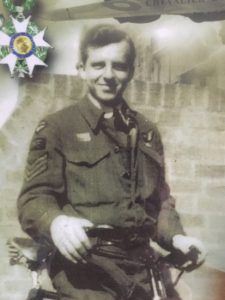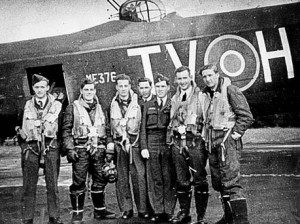The storytellers of our society tend to be our elders. In most European cultures, and indeed First Nations cultures, the laws, the lineage and the lore are generally gathered and told by the senior members of society. That’s why the stories of young researcher and military historian Rebecca Murray proved so refreshing to me.
“Kate Reid served as a WD (Women’s Division) in the Royal Canadian Air Force during the Second World War,” Murray explained during her presentation at a history conference I attended in Calgary last week. “She was my Nan, and one of 17,000 WDs in the Air Force.” (more…)
